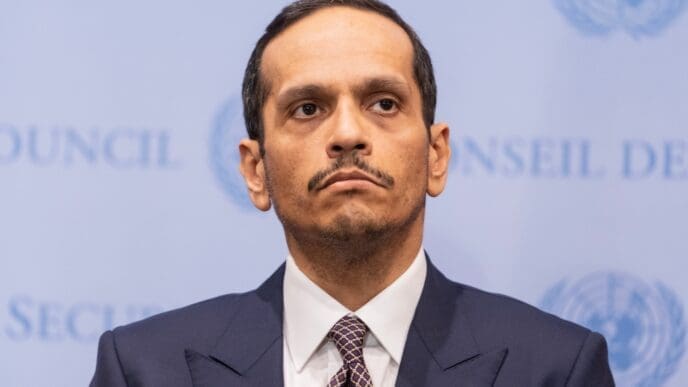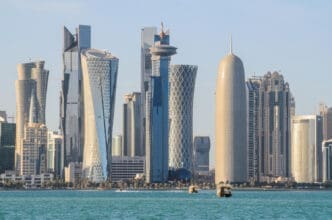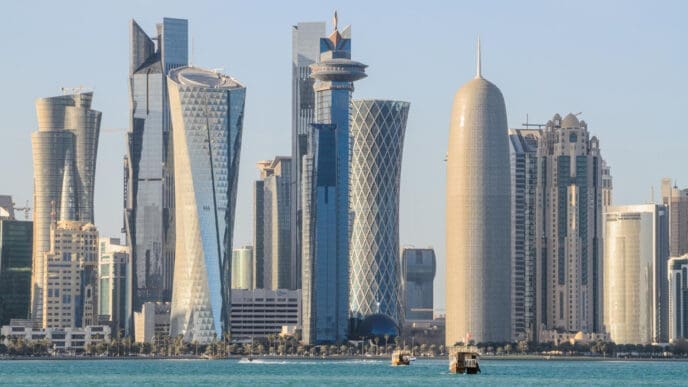The International Court of Justice is set to address its most significant case yet as it begins a two-week hearing to define countries’ obligations in tackling climate change.
Island nations, particularly vulnerable to climate change, have long voiced their fears of rising sea levels threatening their very existence. The UN General Assembly has called upon the International Court of Justice (ICJ) to issue an opinion on states’ responsibilities regarding climate change. This comes after persistent lobbying by these island nations for global acknowledgment and action.
Margaretha Wewerinke-Singh, leading Vanuatu’s legal team, emphasizes the need for the court to deem current climate-damaging actions as unlawful. Vanuatu is among several small nations advocating for legal measures to confront climate issues. Sea levels have risen globally by an average of 4.3 centimeters (1.7 inches) in the last decade, with certain Pacific regions experiencing even higher increases. Moreover, the global temperature has risen 1.3 degrees Celsius (2.3 Fahrenheit) since pre-industrial times due to fossil fuel consumption.
Ralph Regenvanu, Vanuatu’s climate change envoy, articulated the pressing nature of the crisis, stating, “We live on the front lines of climate change impact. We are witnesses to the destruction of our lands, our livelihoods, our culture, and our human rights.” While any decision from the court would not directly compel wealthy nations to act, it could inspire more legal initiatives, including domestic lawsuits.
The hearing will include contributions from 99 countries and over a dozen intergovernmental organizations, marking the largest gathering in the court’s history. Last month, at the United Nations’ annual climate meeting, a tentative agreement was reached, proposing that affluent countries will provide at least $300 billion annually by 2035 to support poorer nations in dealing with climate disasters. However, this amount falls short of the $1.3 trillion experts believe is necessary.
Vishal Prasad, representing Pacific Islands Students Fighting Climate Change, highlighted the existential threat posed by the climate crisis, stressing the essential protection of people on the frontline. The ICJ judges will address two main questions: the international legal obligations to combat greenhouse emissions and the consequences of inadequate actions by governments. These considerations are especially critical for small island developing states, which are most susceptible to climate change’s adverse effects.
Previous legal precedents provide context to this case. A UN maritime tribunal recently classified carbon emissions as marine pollution, mandating countries to mitigate their impacts. Additionally, Europe’s highest human rights court has insisted on better climate protections for citizens. In the Netherlands, a landmark ruling affirmed that protecting citizens from climate change is a human right.
The outcomes of this hearing could potentially set precedents that influence future international and domestic legal actions against climate-irresponsible policies.
As this pivotal case unfolds, the world’s attention turns to The Hague, where the actions taken could redefine how nations address the urgent challenges posed by climate change.
Source: News4jax














